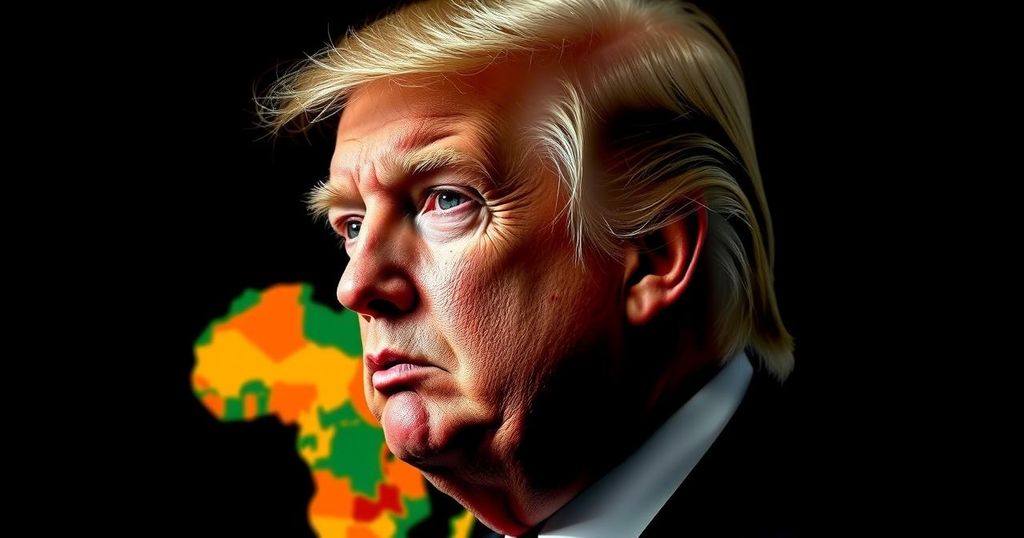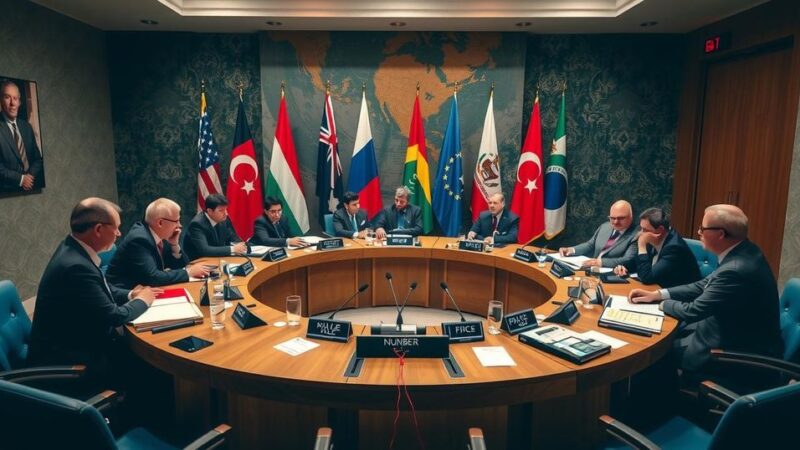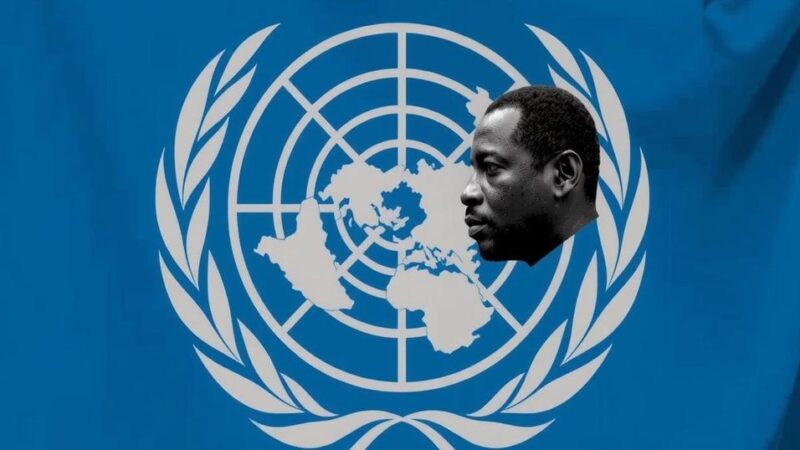The impending re-election of Donald Trump presents both opportunities and hazards for Africa, characterized by his transactional approach to diplomacy. Under this paradigm, previous initiatives aimed at enhancing African peacekeeping efforts have diminished, replaced by direct dealings with authoritarian leaders. As regional crises unfold, Trump’s inclination to prioritize immediate outcomes over principled negotiations may exacerbate tensions and undermine democracy on the continent, challenging AU efforts for multilateral cooperation.
The election of Donald Trump has engendered both opportunities and risks for Africa, given his transactional political style and disdain for traditional diplomacy. Under the Obama administration, there were efforts to bolster African peacekeeping through collaboration with the African Union (AU) and United Nations (UN), but these initiatives dwindled during Trump’s first term. Trump’s approach favored bilateral agreements over multilateralism, exemplified by direct negotiations with various Middle Eastern allies, impacting regional dynamics in Africa. The strategy employed during Trump’s administration saw significant transactional dealings that often favored autocratic leaders, steering away from liberal peace principles that involved democratic processes and reconciliation. Consequently, conflicts in regions like Sudan and Ethiopia have been exacerbated, with the U.S. refraining from taking a decisive military stance or promoting extensive diplomatic engagement. As African leaders prepare for pivotal meetings, they must navigate a political landscape shaped by Trump’s inclination for direct, results-oriented agreements, which may sideline essential multilateral cooperation. In areas such as West Africa, where jihadist movements and political instability are prevalent, Trump’s policies could introduce unpredictability, especially if he aligns with leaders favoring authoritarian governance structures. Given the multifaceted nature of these geopolitical relationships, the political calculus for peace and security in Africa will be challenged under the Trump administration, whose posturing may neglect the democratic aspirations of the continent’s populace.
The complexities of U.S. foreign policy towards Africa during the Trump administration are closely tied to a departure from multilateral engagement towards a model that emphasizes transactional deals. This shift coincided with a reduction in U.S. involvement in African peacekeeping efforts, leading to significant ramifications in conflict zones. The African Union’s aspirations for autonomy and principled diplomacy have been undermined as alignments with authoritarian regimes have taken precedence. Trump’s policies may inadvertently reinforce divisions within African nations and impact regional stability in fundamental ways. The energetic response to geopolitical tensions, particularly forced through direct negotiations, illustrates a broader strategy that seemingly prioritizes immediate results over sustainable peace frameworks. The juxtaposition of African aspirations for democratic governance against U.S. transactional diplomacy highlights a crucial tension that may inform future relations between Africa and the U.S.
The likely return of Donald Trump to the presidency portends a further retreat from collaborative peace-building efforts in Africa, reinforcing a transactional approach that may exacerbate regional tensions. The prevailing focus on results rather than principles could undermine developmental goals and democratic growth in African nations. As conflicts in Sudan, Ethiopia, and other regions remain volatile, the absence of a strong U.S. commitment to multilateral diplomacy could create a precarious environment marked by increased instability and authoritarian tendencies. African leaders will need to be astute in navigating this challenging diplomatic terrain to safeguard their interests and aspirations for sustainable peace.
Original Source: www.bbc.com






